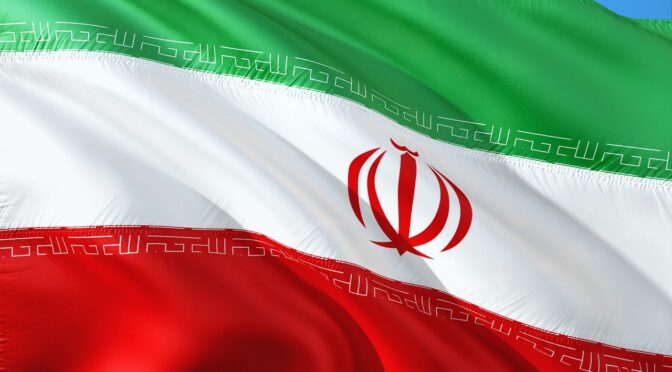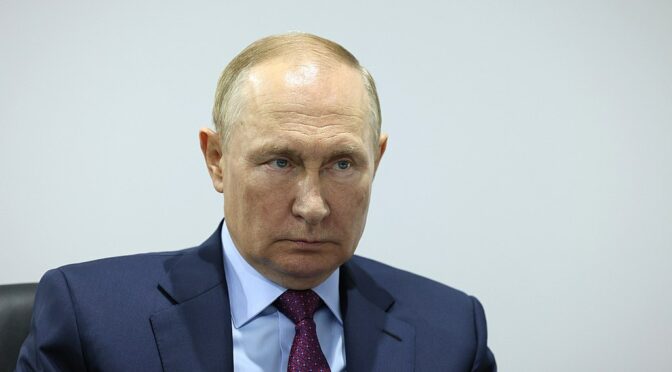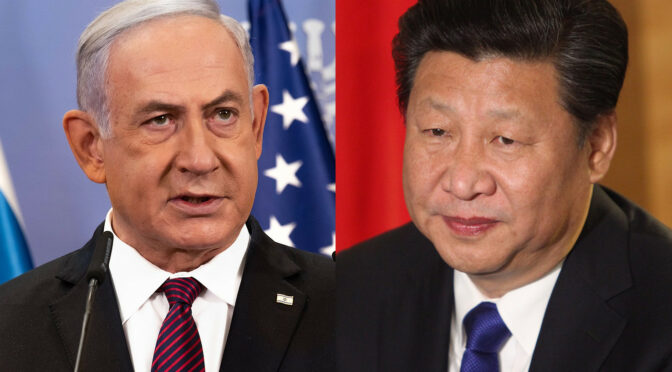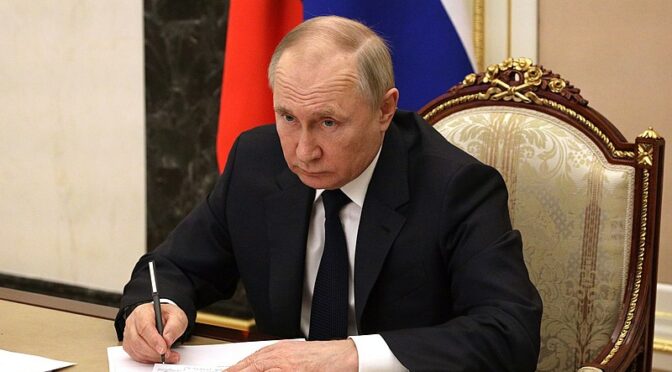Article published in The Daily Telegraph, 17 July 2023. © Richard Kemp
With the counteroffensive in its sixth week, still moving slowly and at considerable cost but without any significant territorial gains so far, Ukraine was in need of a tangible success. That was delivered in last night’s dramatic attack against the Kerch Bridge, the longest in Europe and a major symbol of Putin’s power.
The crossing is one of the most heavily guarded objects under Russian control anywhere, beefed up after it was damaged last year, apparently by a vehicle bomb. Hitting a bridge protected by land, sea and air is a notoriously difficult military feat, even in the era of precision strike. Yet Ukrainian forces have demonstrated they have that capability, reportedly attacking this time with naval drones. The strike makes it clear that there is no safe place for important Russian targets in occupied Ukraine, even far from the front lines.
The Kerch hit was much more than just symbolic. The bridge is an important logistic artery for Russia, delivering troops and combat supplies into Crimea and so to the front lines in mainland Ukraine. Only the roadway seems to have been damaged in this attack. But this strike has shown that the railway spans, which carry the greater volume of combat supplies, are also highly vulnerable, and cutting the road will have had a measurable effect on Russian supply lines.
The only other ground route from Russia to the primary southern battle zone is via the ‘land bridge’ along the north coast of the Sea of Azov that was seized in the early months of the war. Supply lines through this corridor have also been attacked by Ukraine, but there are severe limitations. GMLRS missiles (usually fired from the Himars vehicle) cannot cover the whole land bridge. The Ukrainians have only small stocks of Storm Shadow cruise missiles with their greater range.
Hitting Russian logistics hard is vital to Ukraine’s counteroffensive as it reduces Russia’s combat power on the defensive lines that must Continue reading







